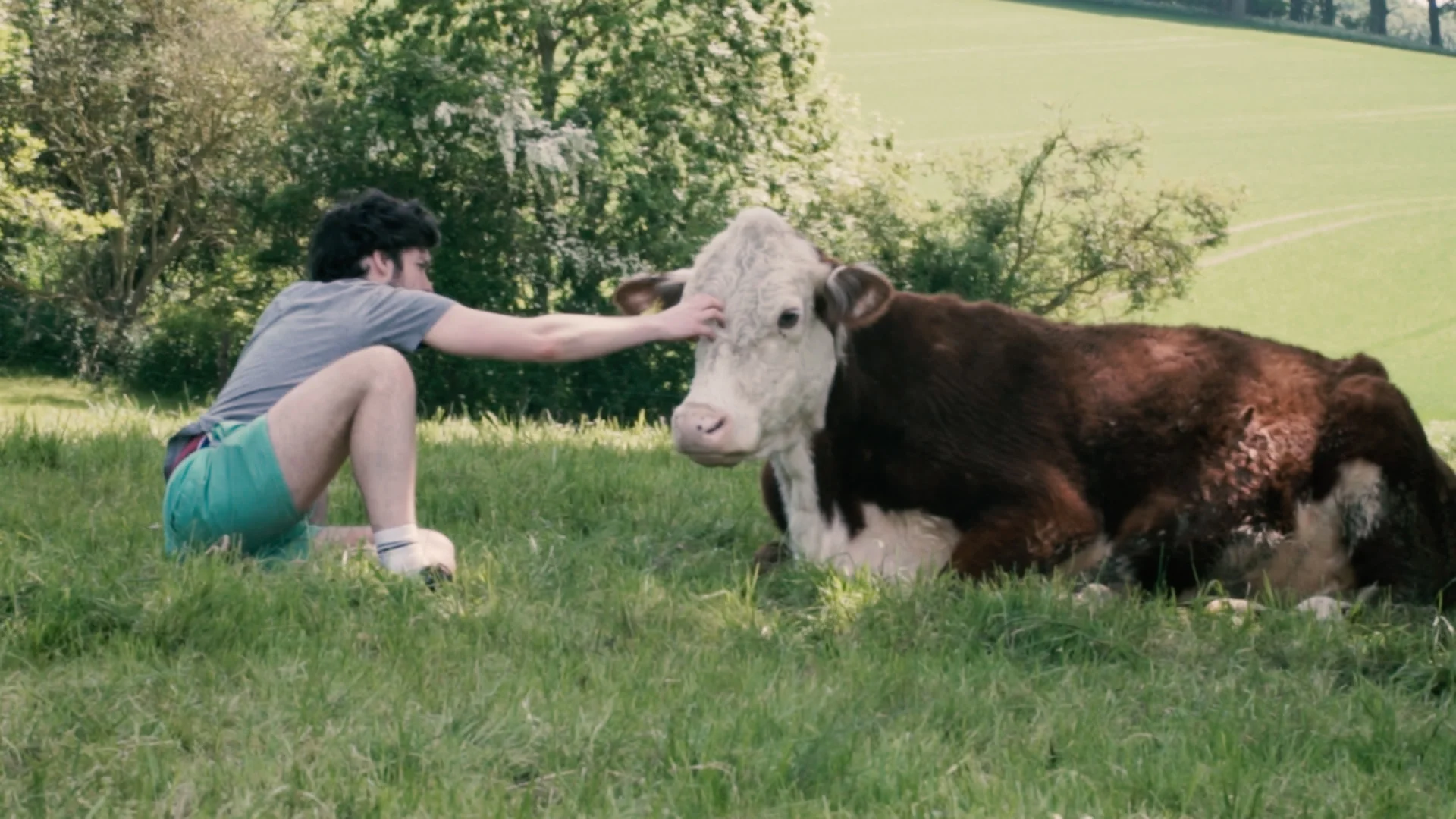Fertilisers
Demand for food is high, and the food system is extremely inefficient.
In fact, about 1/3 of all food produced globally is wasted.
The result is that we over-farm. We put our land under enormous pressure to produce more food...
...and so our soil degrades.
We don't have many solutions for most of the problems happening to our soil...
...but we can use chemical fertilisers to replenish nitrates, potassium, phosphorus etc. so that more crops can be grown.
But this is only helpful in the short-term.
Unfortunately, these fertilisers also slowly deal long-term damage to the soil.
And, the nitrous oxide from fertiliser contributes enormously to global greenhouse gases.
Also, these fertilisers and other agricultural chemicals inevitably get washed into rivers, causing lasting damage all the way to the ocean.
There are still agricultural chemicals floating around in the ocean from when agricultural chemical production began.
To produce an equal amount of food, beef requires about 6 times more fertiliser load than chicken and pork.
Due to the enormous number of cows on Earth, the beef industry has the largest demand for chemical fertilisers.
What About Cow Manure?
A very useful thing that cows produce is manure.
Cow poo is one of the best fertilisers in existence: it doesn't just restore minerals in the soil; it also helps to provide structure and protect the healthy microbiome.
That said, unless cows are farmed with regenerative methods, they don’t produce enough manure to fertilise all of the food that they need to eat themselves.
Also, we’re extremely wasteful with this manure.
Factory farms often don't consider manure to be an asset - instead they think of it as a problem to be dealt with.
Manure is often stored up in enormous tanks and reservoirs, until someone can be convinced to take it away. When it's in storage, it begins to rot.
Because cows are so inefficient with their food, 80% of the protein fed to cows is lost in their poo, and when this rots, it releases ammonia.
In the UK, almost all pollutants are going down, except ammonia, which is going up. This is because of cows.
Allowing the manure to rot means it goes from being an excellent fertiliser, to actually having slightly damaging effects on the soil.
Biochar
It's possible to prevent manure from rotting by mixing in charcoal (biochar). The Incas used to do this, with animal and human poo, and then scatter it on their land.
Nowadays, the Terra Preta in modern day Peru (where the Inca empire used to be) has some of the most fertile soil in the world.
The ideal is to reduce the number of cows in the world, but meanwhile, we also ought to be convincing farmers to mix their manure with charcoal, and treating it as a much more precious resource!



